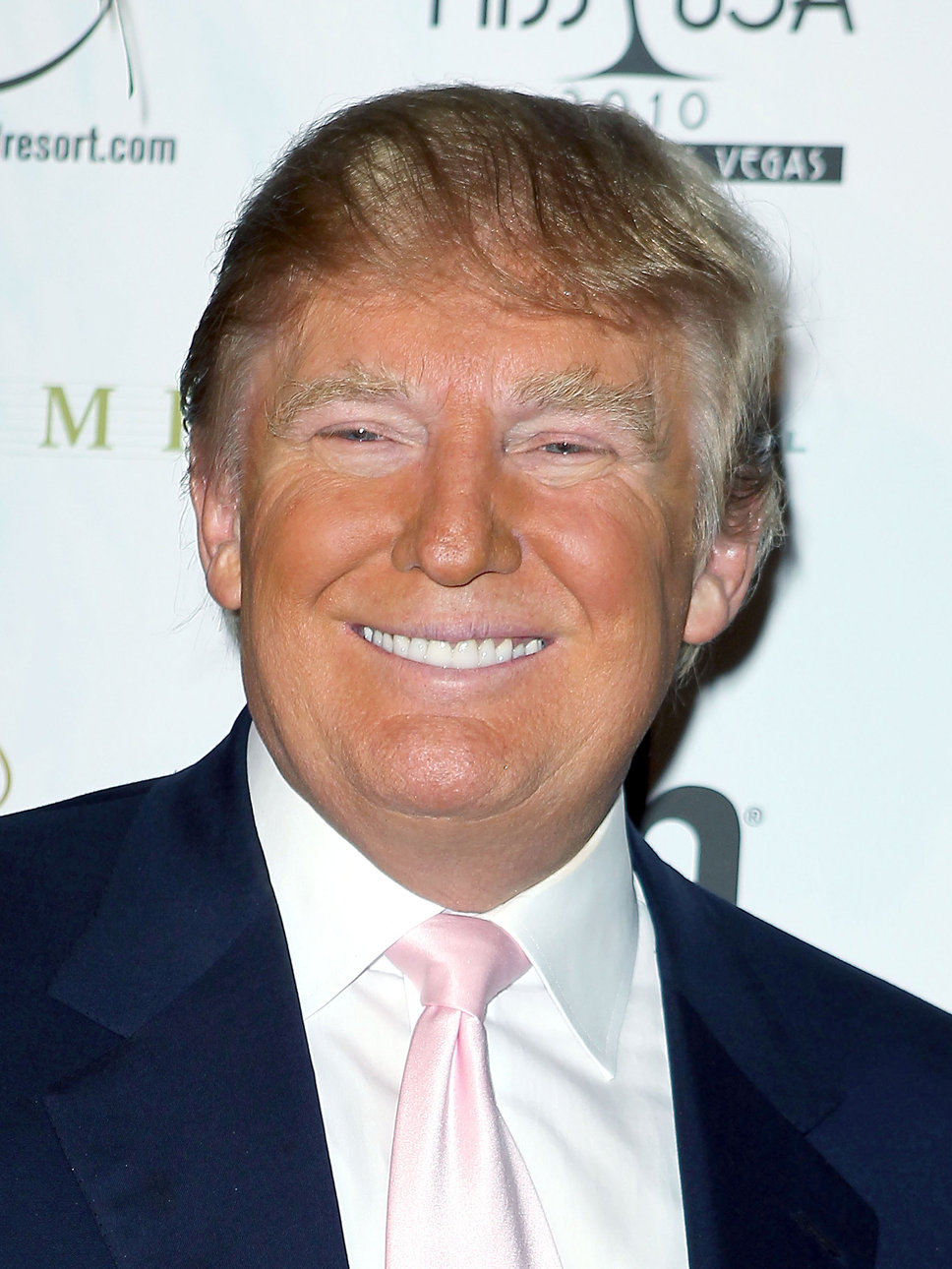Donald Trump recently said, “I feel a lot of people listen to what
I have to say.” This quote perfectly
encapsulates the power that Trump believes he possesses, a duty to tell the
American people the unaltered truth, no matter how extreme. Trump started his
career as the son of a New York mogul but over the past several years has evolved
into far more than that. A man’s journey
from business magnate to political personality is not new to American politics,
but Trump’s self-positioning as an answer to Obama makes him a perfect
reflection of our current political state.
To fully
understand Trump’s current political relevance, one must examine his
history. Donald Trump was not always the
conservative firebrand he is today. In
fact, he was originally a supporter of liberal politics. According to the Business Week article “Trump’s
Run for President Requires Memory Loss,” author Kevin Hasset reveals Trumps
contributions to Democratic candidates such as Joe Biden, Ted Kennedy, John
Kerry, Harry Reid and Hilary Clinton. He
wasn’t even a registered Republican until 2009, choosing to support withdrawal
from Iraq and instating US universal health care. So what changed? What made a former independent
with liberal leanings decry Obama as “the worst President in history” and join
the extreme political right? The answer
is a current political environment that more than ever rewards the loud and extreme.
Politics has always favored the bold. The young, brash Kennedy clearly overshadowed
the droll Nixon and George W.’s good ol’ boy routine was much preferable to
Gore’s pale, bland demeanor. But politics has also always had a filter to self
regulate extremists, favoring the moderate voice. Those deemed too extreme by the American
public (an admittedly unreliable judge of character), they were relegated to the
sidelines, part of an underground fringe movement. Fanatical proponents of views such as moon
landing doubters or 9/11 conspiracy theorists were sequestered away from the
public circle. The onset of the 24-hour news cycle and increase in opinion journalism
has changed this balance. No longer silenced, those with radical and even blatantly
false viewpoints found a soapbox to reach America. No where is this more evident than in the “birther
movement.” The belief that President
Obama is not a natural born citizen and therefore unfit for office began as a
radical movement but soon found acceptance within the mainstream Republican
party. Despite the release of his birth certificate in 2008 and legal evidence
to the contrary, several Republican party officials demanded more evidence and
they soon found a leader in Donald Trump.
For the many names his opponents
call him, Trump is no fool. Trump has used this system to great personal
advantage. Announcing his potential candidacy
for President in 2010, Trump refused to say for certain whether he would run,
allowing speculation to abound and increasing his own media attention. Trump selected the issue of Obama’s
citizenship as the centerpiece of his “potential platform” and began to gain
support in speculative polls. Data
released by Wall Street Journal, Newsweek, and Public Policy Polling show Trump
with a slight lead over Romney and only a small gap between him and Incumbent
President Obama. These reports fed into
Trump’s hype, and his extremist outburst grew in the following weeks. Trump took to the airwaves and declared that
Obama had not proven his citizenship to the American people. With these words,
Donald Trump completed his path from wealthy investor to the center of
political controversy.
Unfortunately for Trump, pinning your political ambitions on
extremist rhetoric can backfire quickly, and the 2012 race proved no
exception. In a series of events that
Public Policy Polling described as “one of the quickest rises and falls in the
history of presidential politics,” Trump’s Presidential dreams collapsed around
him. The decline began as Trump was
forced to up his extremist rhetoric, claiming that he would take matters into
his own hands and had already sent a private team of investigators to Hawaii to
uncover Obama’s birth certificate. On
April 25, 2011 Trump announced on CNN that he believed the birth certificate
was missing. This
news was undercut by the White House’s official release of the long form birth certificate
two days later. In a rare moment of
political candor, Obama told the press that the country had “more pressing problems to solve” and should not be "distracted
by side shows and carnival barkers.” With these words, the President ended Donald
Trump’s campaign. In his 3 months of pseudo-Presidential dreams, he showed the power and danger of resorting to political extremism. Trump fell from his early spring peak to fifth place. He never recovered and never officially announced his campaign.

No comments:
Post a Comment